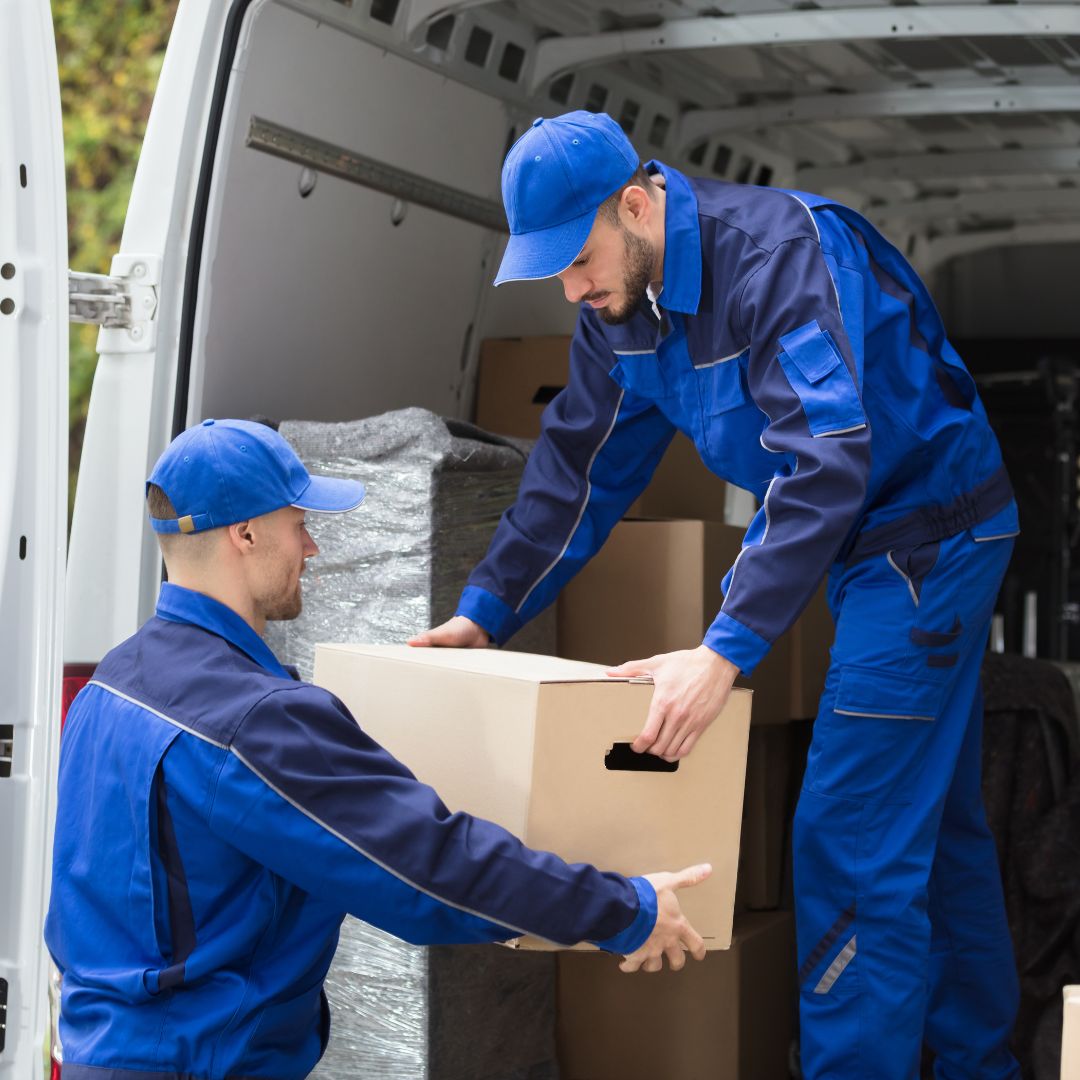
Team_Digitofy
December 25, 2024
How to Pack Fragile Items for Maximum Safety During Transit
Moving to a new place? Whether you are shifting homes or sending a parcel to a loved one, packing fragile items properly is one of the most important things to keep in mind. Fragile items, like glassware, electronics, crockery, mirrors, and photo frames, can easily break or get damaged during transit if not packed the right way. In this guide you can learn everything about how to pack fragile items for maximum safety during transit.
Why does proper packing matter for fragile items?
Fragile items are delicate by nature. During transport, boxes are stacked, moved, and sometimes even dropped. If your items aren’t packed securely, they can crack, chip, or break.
Proper packing:
- Prevents damage and saves money
- Reduces the stress of moving
- Makes unpacking easier and neater
- Ensures items reach safely, especially during long-distance transport
Gather all the right packing materials
Before you start packing you need to collect everything you need. Good quality packing Material is your first line of defense.
- Sturdy cardboard boxes (preferably double-walled)
- Bubble wrap
- Packing paper or newspapers
- Foam sheets or thermocol
- Old towels, blankets, or clothes (for extra padding)
- Packing tape
- Scissors or box cutter
- Labels and markers
Wrap each item individually
You should not stack fragile items without wrapping them. Each piece should be wrapped separately using one or more of the following like bubble wrap for best glasses vases or electronics. Packing paper is perfect for crockery and small frames are ideal even for extra cushioning.
Pad the bottom of the box
Before placing anything inside the box, create a soft base like using a crumpled newspaper or bubble wrap. This helps in absorbing shock and also works like a question if the box is dropped. This step is often ignored but it’s very important for fragile packaging.
Pack heavier items first
Place heavier items at the bottom of the box and lighter ones on the top. This prevents crushing and also maintains balance. For example you can pack a ceramic bowl at the bottom and place lighter items like glass lids or cups above it. Also try to pack items snuggly so they don’t move around.
fill in the empty places
Empty spaces inside the box can cause items to ship during transit increasing the risk of breakage. You need to fix all the gaps using crumpled newspaper or thermocol blocks, even clothes or soft toys if available. The goal is to just prevent any movement inside the box.
Use Special Boxes When Needed
For certain fragile items, you consider using custom or compartmentalized boxes, such as:
- Cell boxes for glasses and bottles
- TV or computer boxes (with original packaging if available)
- Mirror boxes for artwork and mirrors
If you don’t have the original packaging, wrap the item well and reinforce the box with extra padding.
Load Boxes Carefully
When loading fragile boxes into a vehicle:
- Keep them upright and flat
- Avoid placing them under heavy boxes
- Secure them so they don’t slide during transit
If you are using a moving service, inform the movers about boxes that contain fragile items. They might even pack them into the truck last, so they are the first to be unloaded.
So above all you need to know that packing fragile items might seem scary at first but with little care and patience it can be done easily and safely. All it takes is the right materials, proper wrapping techniques and little extra attention to detail whether you are shifting across the city or sending a gift to someone far away following the tips will truly help you.





